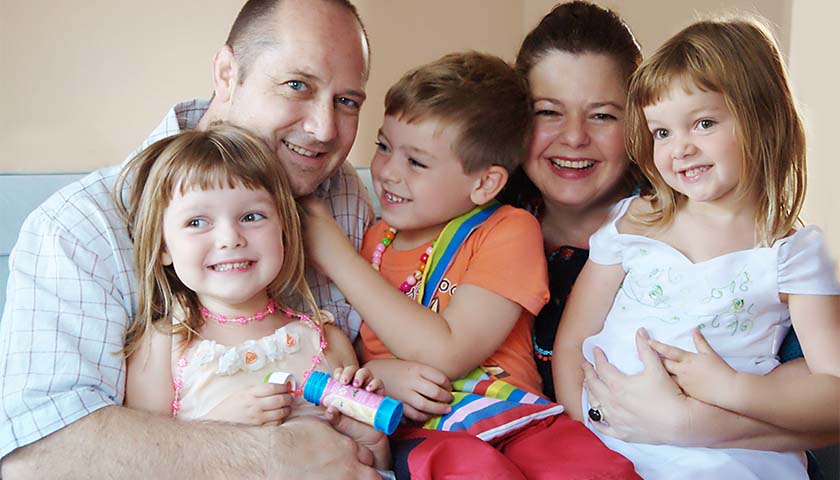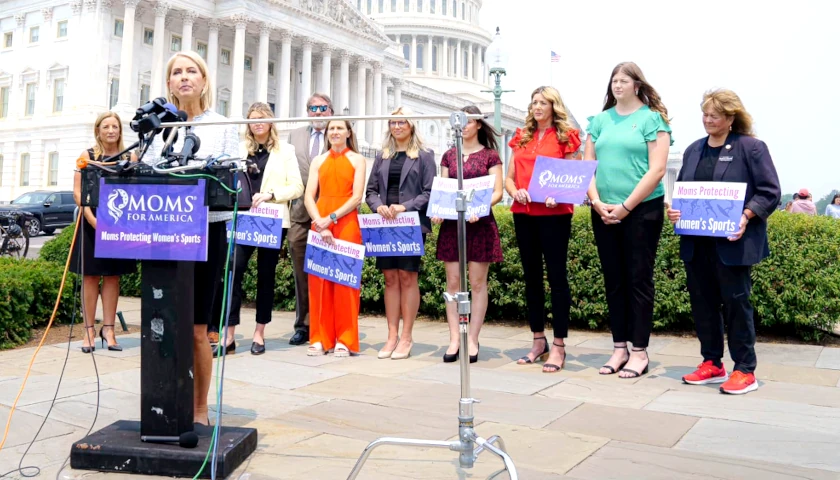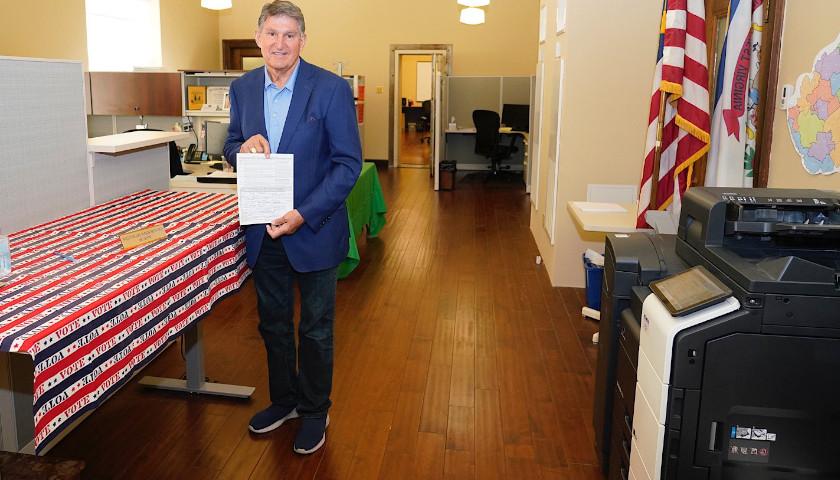by Andrew Trunsky
As millions of families across the country grapple with the fact that the expanded child tax credit could lapse for months, if not permanently, those in few states stand to hurt more than those in West Virginia.
The monthly credit, amounting to as much as $300 per child, has been a lifeline to many across the state, which ranks 49th out of 50 in average income. The expansion, adopted in March as part of the coronavirus relief package, has especially helped those earning the lowest, many of whom were once partially or completely excluded from receiving it because their incomes were too low to qualify.

West Virginia had already struggled as coal mining declined and drug overdose deaths rose, but after being decimated by the coronavirus pandemic, economic recession that resulted and subsequent inflation as the state recovered, residents said that the expanded payments provided a sense of financial security when so much seemed uncertain.
“The child tax credit enabled me to pay my rent,” said Johnny Walls, an on-site technician in West Virginia who was forced to quit his job when his partner was no longer able to care for his son. “It meant that I had a place to live. I knew that no matter what, my son and I had a roof over our heads.”
In an interview with the Daily Caller News Foundation, Walls described how knowing he could pay his rent every month allowed him to work remotely in website and graphic design, further supplementing his income as he took on the role of a single father. But with the payments set to lapse, Walls said that paying his bills would likely become more challenging, especially as winter took hold.
“It puts a lot more pressure on me,” Walls said. “You just worry that much more over whether you’ll have enough income.”
A Saving Grace, Or A Poison Pill?
While Democrats in Congress expanded the credit through 2021 in March and hoped to extend it in President Joe Biden’s domestic spending package, it became caught in the crosshairs of none other than West Virginia Sen. Joe Manchin. And though the centrist Democrat, who has not shied away from breaking the party line, has said that he could be open to backing its extension, he has also said that it should be tied to a work requirement out of fear that the monthly payments could be misspent.
His skepticism has already guaranteed that the expanded credit will revert to its original form, with payments capped as a yearly lump sum of $2,000, cutting into aid on which families had begun to depend. But even if the enhanced credit returns with a work requirement, it could disproportionately harm West Virginia’s poorest and the tens of thousands of residents who work seasonally, part-time, or in a non-traditional setting.
“It would have a really negative effect,” Jim McKay, a West Virginian who helps lead the state’s chapter of Prevent Child Abuse, told the DCNF in an interview, discussing how having to prove employment to the government could decimate seasonal employees, teachers and grandparents caring for children alike, not to mention self-employed parents like Walls.
“How many grandparents are raising their grandchildren? If there’s a work requirement to receive money you depend on and you’re retired, what does that look like?” McKay said. “The children end up suffering as a result.”
And while West Virginia is relatively less populated than other states with just under 1.8 million people, 2020 census numbers showed that nearly 55% of grandparents had at least a significant role in raising their grandchildren, the second-highest rate of any state nationwide. In addition to grandparents whose work is raising their grandkids, approximately 248,000 West Virginians working in logging, mining, construction, education or leisure and hospitality, according to the Bureau of Labor Statistics, could potentially lose out on the credit as well given the seasonal nature of their jobs.
It is hard to underestimate just how sweeping the effects of a work requirement could be in a state that already ranks near the bottom nationally when it comes to the child poverty rate and public education system. Over 20% of children in West Virginia lived in poverty in 2019, the most recent year with data available, a statistic that McKay said likely rose amid the ongoing coronavirus pandemic as he reminded that the credit has cut nationwide childhood poverty in half.
Additionally, less than a third of West Virginia children ages 3-4 were enrolled in early childhood education, nearly 20 points below the national average.
Not only did the enhanced credit improve these statistics across the state, but, as multiple studies have shown, it allowed people to work more hours and granted them the tools to improve their socioeconomic status. One study first reported by the DCNF showed that Americans earning under $50,000 yearly moved in droves to self-employment with the help of the CTC, much like Walls said he was able to do.
Tom Susman, a former member of the West Virginia House of Delegates who runs a public relations firm in the state, echoed the studies, saying that the switch to monthly payments removed much of the incentive to misspend the aid.
“When you have these yearly checks come in at four or five or $6,000, that’s when you have misuse,” Susman told the DCNF, adding how a lump sum doled out during the spring’s tax season was less likely to be solely used for supplies and bills that are a staple in most people’s lives. “Unlike an annual sum, [the monthly payments] provide ongoing support during the year.”
“There’s not that kind of fraud and abuse,” Susman said. “You have to trust people to do what’s best for their children. They’re just trying to take care of their kids.”
– – –
Andrew Trunsky is a reporter at Daily Caller News Foundation.
Photo “Happy Family” by Catherine Scott. CC BY-SA 2.0.






The whole construct of a child tax credit and the absurd “earned” income tax credit extends the socialist welfare state to a new high level.